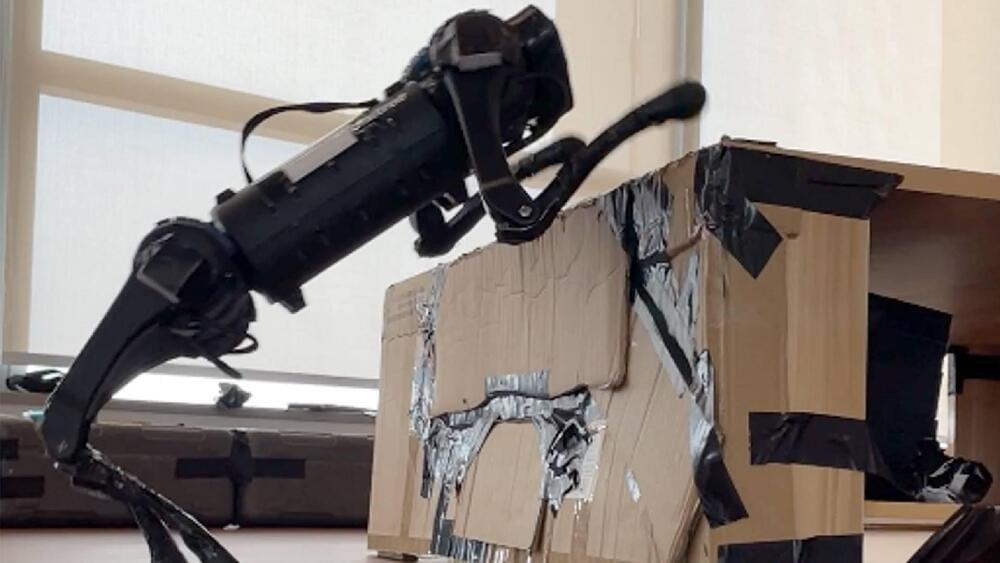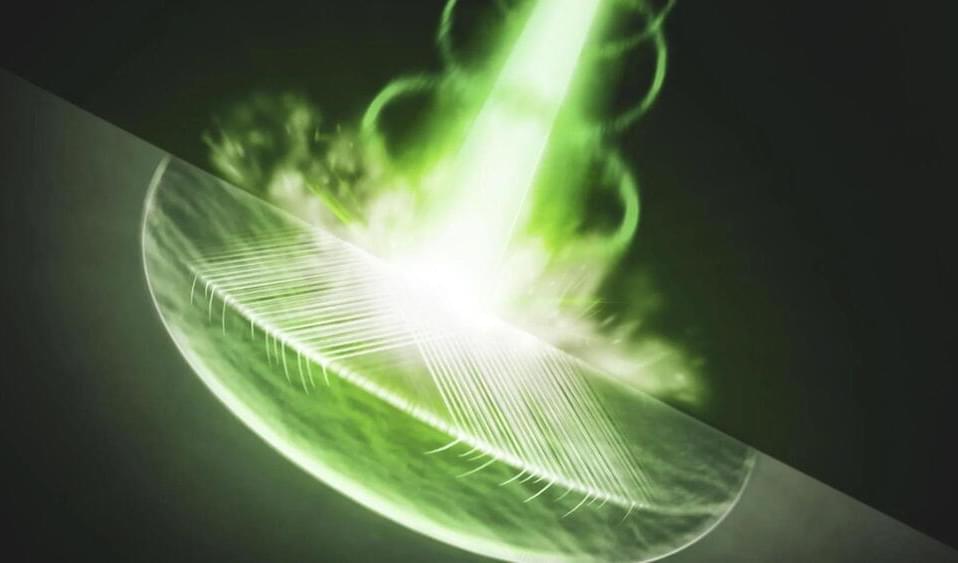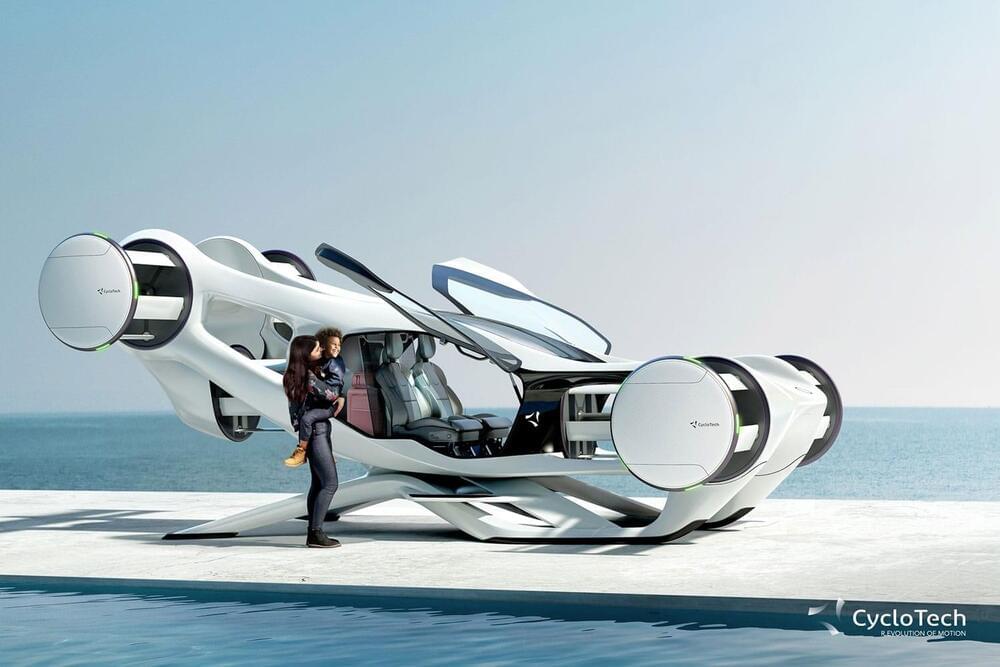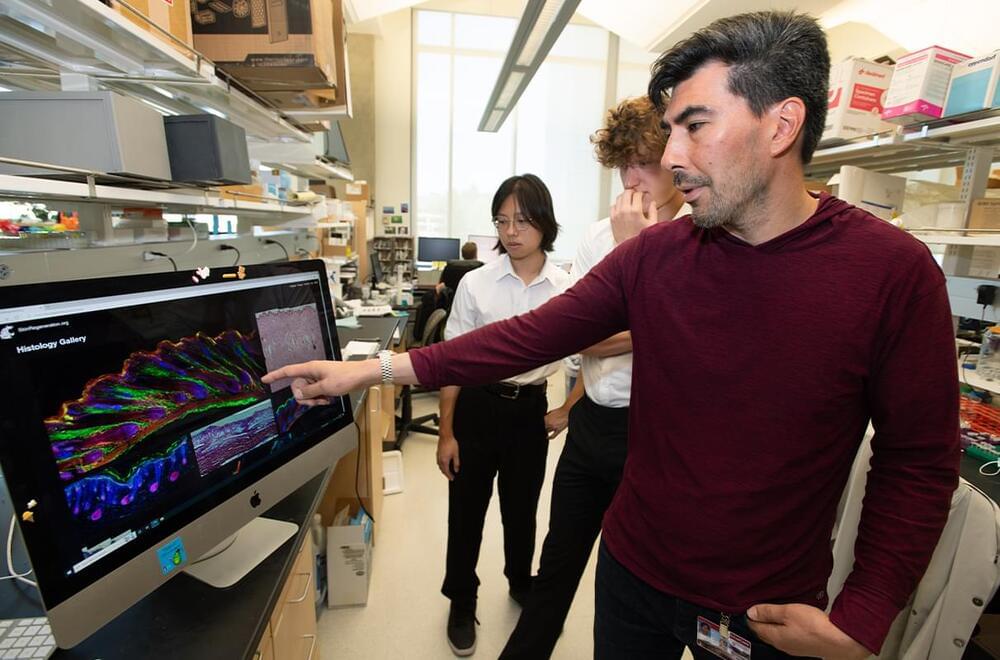A new public database built from the ground up by Washington State University undergraduates looks to expedite scientific understanding of how skin heals.
The website — skinregeneration.org — was created for researchers but allows anyone to cross-compare information on more than 33,000 genes from different species as they relate to skin development, wound repair, and regeneration. Ultimately, it could help scientists reprogram adult skin for regeneration during wound healing and to inhibit the aging process.
“Historically, one of the major mechanisms scientists communicated through was with physical papers published in journals. A new concept of how to output knowledge is to create webtools in association with online manuscripts. For example, webtools that allow for interacting with large genomic datasets that have so much knowledge that cannot fit into a single paper. You can just interact with the data on any device and at any time you want,” said Ryan Driskell, head of WSU’s Fibroblast and Skin Regeneration Laboratory.








